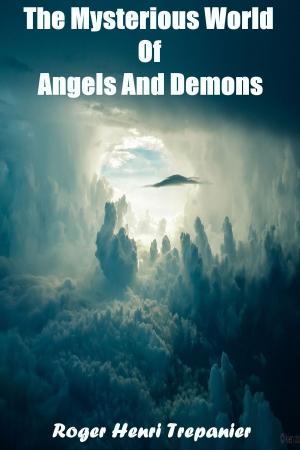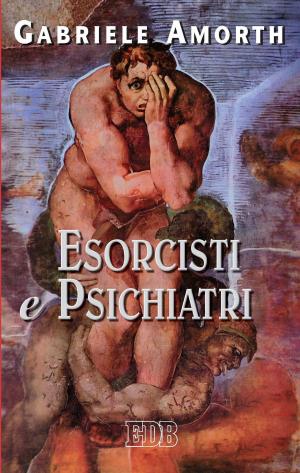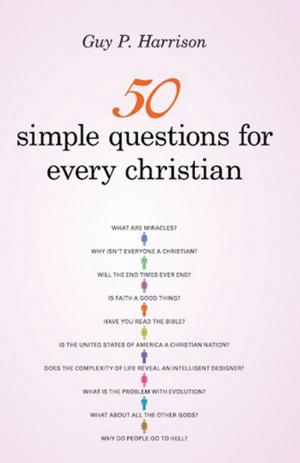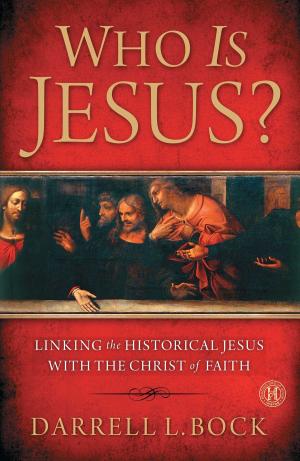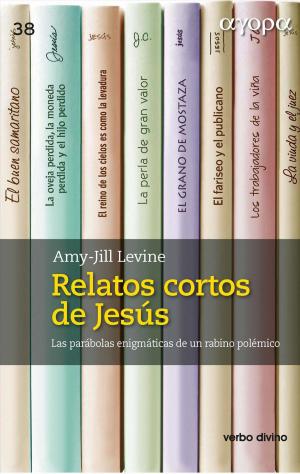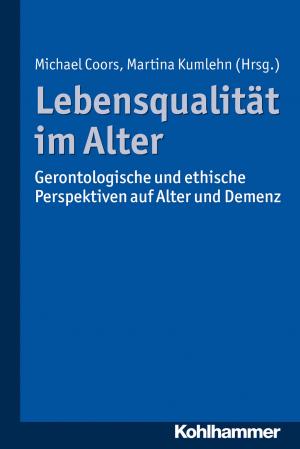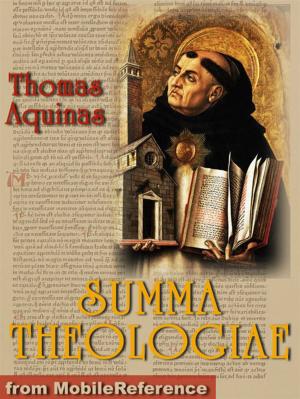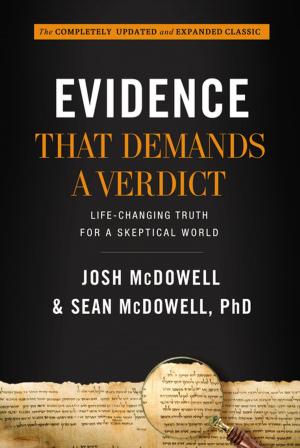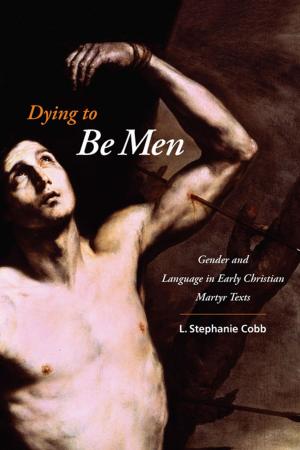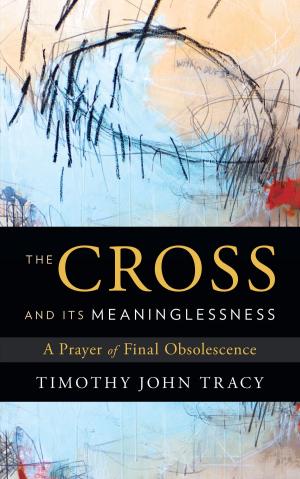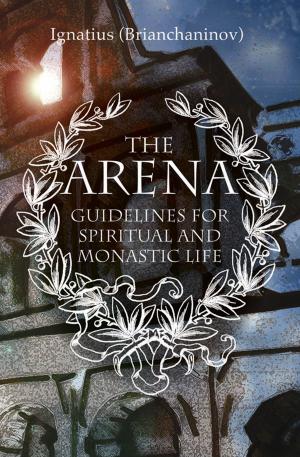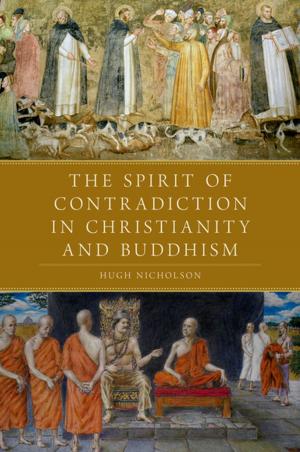MetaChristianity III: Unlocking Creation Bible Mysteries
Nonfiction, Religion & Spirituality, Christianity, General Christianity, Theology| Author: | Jim Autio | ISBN: | 9781310265099 |
| Publisher: | Jim Autio | Publication: | January 28, 2015 |
| Imprint: | Smashwords Edition | Language: | English |
| Author: | Jim Autio |
| ISBN: | 9781310265099 |
| Publisher: | Jim Autio |
| Publication: | January 28, 2015 |
| Imprint: | Smashwords Edition |
| Language: | English |
That you have slogged through the first book in the MetaChristianity series, and have persevered through the second as well, and are now adventurous enough to tackle Unlocking Creation Bible Mysteries tells me that you are at least a little intrigued.
So have you decided which creation story satisfies you most? You know: There's the one where Genesis is accepted as describing six literal days. Then there's the one where the six days are thought to be eons long. Then there is the gap theory where Lucifer ruled a bunch of pre-Adamite people before they fell in Ge.1.2 and then God mostly started over. And finally, there's the gap theory where eons of evolution happened prior to Ge.1.2. However, what if there is another one that no one has ever discovered before?
Answering these Bible mysteries leads us to that fifth explanation:
+ When was Wisdom “rejoicing in his whole world and delighting in mankind”?
+ How could there be a first day without the sun having been created yet?
+ Was there actually any creating before the fifth day?
+ 2Co.5.17 says, “if anyone is in Christ, he is a new creation; the old has gone, the new has come”. Can we not then conclude that creation does not necessarily mean original invention, but can also mean recreating something old as something new?
+ Ge.1.31a says, “God saw all that he had made, and it was very good.” But Dt.32.4 says, “He is the Rock, his works are perfect", and Ps.18.30 says, “As for God, his way is perfect”. Why did God judge on the sixth day that what He had made was only “very good” when His standard is perfection?
+ Why in Ge.2.3 does it say that God rested “from all His work which God had created and made”? Isn’t “created and made” redundant?
+ In Ge.2.16 God said to Adam, "You are free to eat from any tree in the garden". Does this mean that there was death even before sin?
+ In Ge.3.3 Eve told the serpent that God said, "You must not eat fruit from the tree that is in the middle of the garden, and you must not touch it, or you will die." But God did not say, “you must not touch it”. Is this lie the first sin, even before Adam and Eve ate of the forbidden fruit?
+ Ro.8.20-21 says, “For the creation was subjected to frustration, not by its own choice, but by the will of the one who subjected it”. If sin was a result of Adam, wasn’t it he who “subjected” creation to its consequences?
+ What is the significance of knowing that “the Spirit of God was hovering over the waters” in Ge.1.2?
One of the goals of the MetaChristianity book series is to solve Bible mysteries, many of which that have never been recognized as mysteries before. Another is an extension of the first: To develop an understanding of the motivations of God, why God created everything the way He did, why He allows and does the things He does, and what it will be like when everything is accomplished - in short, to produce an all-inclusive, panoramic view of God, creation and the Scriptures that has eluded the Church for over two thousand years. To accomplish this, understanding creation is crucial. None of the traditional creation theories thoroughly satisfy what Scripture describes.
That you have slogged through the first book in the MetaChristianity series, and have persevered through the second as well, and are now adventurous enough to tackle Unlocking Creation Bible Mysteries tells me that you are at least a little intrigued.
So have you decided which creation story satisfies you most? You know: There's the one where Genesis is accepted as describing six literal days. Then there's the one where the six days are thought to be eons long. Then there is the gap theory where Lucifer ruled a bunch of pre-Adamite people before they fell in Ge.1.2 and then God mostly started over. And finally, there's the gap theory where eons of evolution happened prior to Ge.1.2. However, what if there is another one that no one has ever discovered before?
Answering these Bible mysteries leads us to that fifth explanation:
+ When was Wisdom “rejoicing in his whole world and delighting in mankind”?
+ How could there be a first day without the sun having been created yet?
+ Was there actually any creating before the fifth day?
+ 2Co.5.17 says, “if anyone is in Christ, he is a new creation; the old has gone, the new has come”. Can we not then conclude that creation does not necessarily mean original invention, but can also mean recreating something old as something new?
+ Ge.1.31a says, “God saw all that he had made, and it was very good.” But Dt.32.4 says, “He is the Rock, his works are perfect", and Ps.18.30 says, “As for God, his way is perfect”. Why did God judge on the sixth day that what He had made was only “very good” when His standard is perfection?
+ Why in Ge.2.3 does it say that God rested “from all His work which God had created and made”? Isn’t “created and made” redundant?
+ In Ge.2.16 God said to Adam, "You are free to eat from any tree in the garden". Does this mean that there was death even before sin?
+ In Ge.3.3 Eve told the serpent that God said, "You must not eat fruit from the tree that is in the middle of the garden, and you must not touch it, or you will die." But God did not say, “you must not touch it”. Is this lie the first sin, even before Adam and Eve ate of the forbidden fruit?
+ Ro.8.20-21 says, “For the creation was subjected to frustration, not by its own choice, but by the will of the one who subjected it”. If sin was a result of Adam, wasn’t it he who “subjected” creation to its consequences?
+ What is the significance of knowing that “the Spirit of God was hovering over the waters” in Ge.1.2?
One of the goals of the MetaChristianity book series is to solve Bible mysteries, many of which that have never been recognized as mysteries before. Another is an extension of the first: To develop an understanding of the motivations of God, why God created everything the way He did, why He allows and does the things He does, and what it will be like when everything is accomplished - in short, to produce an all-inclusive, panoramic view of God, creation and the Scriptures that has eluded the Church for over two thousand years. To accomplish this, understanding creation is crucial. None of the traditional creation theories thoroughly satisfy what Scripture describes.

